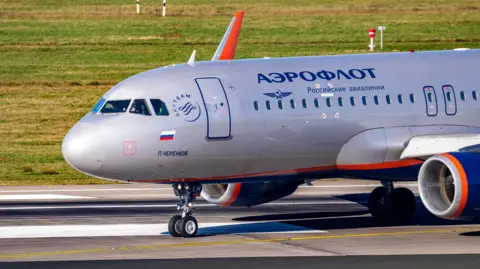Good
What it is:
Union Pacific has proposed an $85 billion merger with Norfolk Southern, creating the first coast‑to‑coast freight railroad in the U.S. The combined entity would span over 50,000 miles and employ more than 50,000 workers, with headquarters based in Omaha, Nebraska.
What it will do:
Shareholders of Norfolk Southern will receive one Union Pacific share plus $88.82 in cash per Norfolk share (~$320 total). The merger is projected to generate $2.75 billion in annual cost savings, improve freight efficiency, reduce interchange delays, and potentially increase competition with trucking.
How you can benefit:
- Investors and the broader market will want to watch regulatory developments carefully, as approval by the Surface Transportation Board could take until early 2027 and influence future rail consolidations.

Bad
What it is:
Union Pacific has proposed an $85 billion merger with Norfolk Southern, creating the first coast‑to‑coast freight railroad in the U.S. The combined entity would span over 50,000 miles and employ more than 50,000 workers, with headquarters based in Omaha, Nebraska.
What it will do:
Shareholders of Norfolk Southern will receive one Union Pacific share plus $88.82 in cash per Norfolk share (~$320 total). The merger is projected to generate $2.75 billion in annual cost savings, improve freight efficiency, reduce interchange delays, and potentially increase competition with trucking.
How you can benefit:
- Investors and the broader market will want to watch regulatory developments carefully, as approval by the Surface Transportation Board could take until early 2027 and influence future rail consolidations.

Ugly
What it is:
Russia’s state airline Aeroflot was hit by a major cyberattack, reportedly executed by pro‑Ukraine hacktivist groups Silent Crow and Cyber‑Partisans BY. The breach crippled the airline’s IT infrastructure and resulted in widespread flight cancellations at Sheremetyevo Airport in Moscow.
What it will do:
Hackers claimed to have gained access to critical systems—flight scheduling, passenger check‑in, internal directories, and booking platforms—then “destroyed” the data. Over 60 flights were canceled, and investigators from the Federal Security Service (FSB) launched a criminal probe.
How you can benefit:
- For cybersecurity professionals and aviation stakeholders, this incident and many others like it in recent months highlight the growing threat of cyber warfare targeting civilian infrastructure. It may accelerate investment in operational IT resilience across transport networks.






